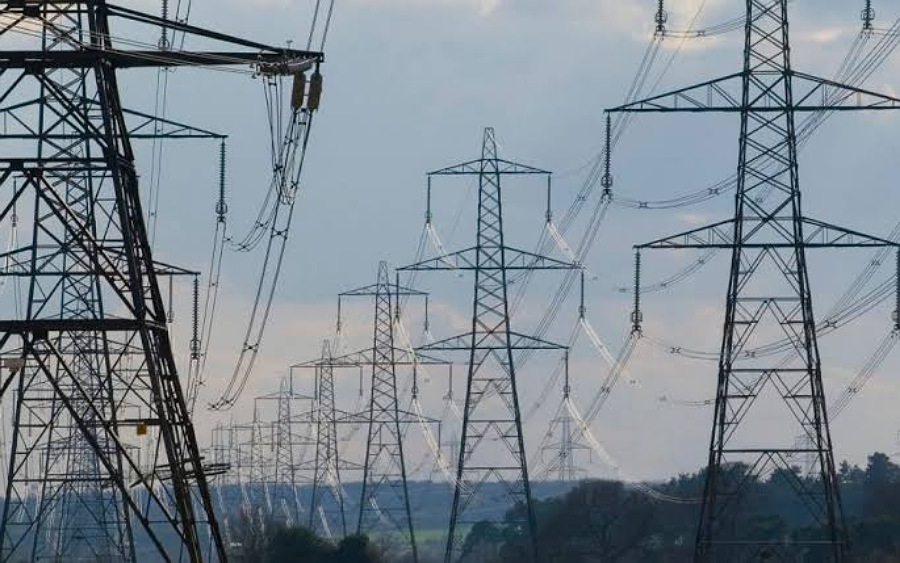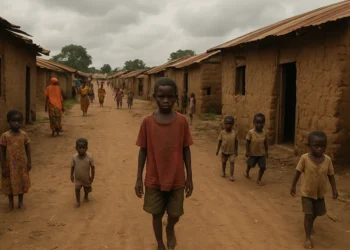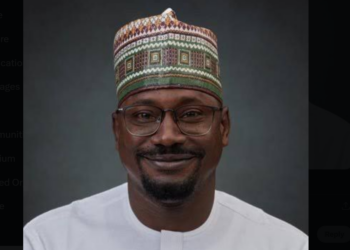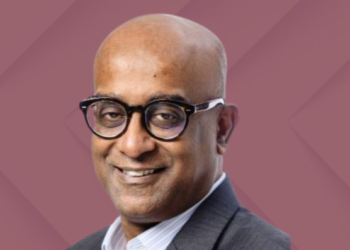- The World Bank plans to commit $750 million through the Nigeria Electrification Project (NEP) to enhance rural electrification and improve access to electricity for Nigerians.
- Elizabeth Huybens, the World Bank’s Director of Strategy and Operations for the Western Central African Region, announced the plan during her visit to inspect the 60 KiloWatts Mini-Grid Project in Kilankwa Community, Abuja.
- Implemented by the Rural Electrification Agency (REA), the NEP project aims to provide electricity to remote areas, supporting productive activities and benefiting rural Nigerians.
The World Bank has announced that it plans to commit the sum of $750 million through the Nigeria Electrification Project (NEP), to boost rural electrification and enable Nigerians to have better access to electricity.
Ms. Elizabeth Huybens, the World Bank’s Director of Strategy and Operations for the Western Central African Region, revealed this plan during her visit to inspect the 60 KiloWatts Mini-Grid Project in Kilankwa Community, Abuja.
The project is being implemented by the Rural Electrification Agency (REA) through NEP.
Rural power
Ms. Hyben noted that this would be the Bank’s first national electrification project in Nigeria, adding:
- “We see at work here, about $350 million is coming to a close, and we are preparing a successor project that will be $750 million.
- “We are extending our support to something that we think is critical and Nigeria is leading the world in small grid development,” she said.
Impact of the Project on the national grid
She added that the Kilankwa project would assist the country in providing access to electricity to more people faster than it could have done by just extending the national grid, saying:
- “So, I am very impressed that the grid in small communities works and there is also the foresight to think about how one can fully optimize the use of the electricity generated to expand productive activities.
- “Like the rice mill that we have just seen, I hope that in the future, we will see a lot more of that,” she
The World Bank official also added that they considered the project because they believe that access to electricity by all was one of the most important goals to pursue by any country, urging that access to electricity, is important for the lives of rural Nigerians.
- “We cannot move toward electric vehicles if we don’t have electricity. You cannot even charge your cell phone without electricity.
- “So, it is hard for me to think about modern life without electricity and it is hard for me to think about reducing poverty without access to electricity.
- ” And since the World Bank’s overarching goal is to help countries eradicate poverty, we need to help them provide access to electricity for its population.”
The Managing Director, of REA, Mr. Ahmad Salihijo, said that the project was currently serving about 300 households and businesses, he added:
- “This has been operational for some time now. So, we are privileged to have come here with the World Bank team to see how it is performing.
- “We are working on ensuring productive use and also that we have energy-efficient equipment connected to the mini-grid.”
In case you missed it
Nairametrics also reported that The World Bank said that Nigeria is projected to save up to $5.1 billion (N3.9 trillion) in 2023 alone after the removal of fuel subsidies and reforms of its foreign exchange market.
This was made known by the World Bank lead economist for Nigeria, Alex Sienaert, during a presentation at an event organized by the bank to assess the country’s economy in the last 6 months on Tuesday in Abuja, noting that savings from the reforms did not amount to a fiscal windfall.
Sienaert also said that the gains from these policies are expected to reach over N21 trillion between 2023 and 2025.























Mini Grid electrification within the rural areas in Nigeria is going to be a great project. Thank you.
I would like to be one of the engineers if given the opportunity sir I am Engr Agbu Dauda Ishaya, thanks.